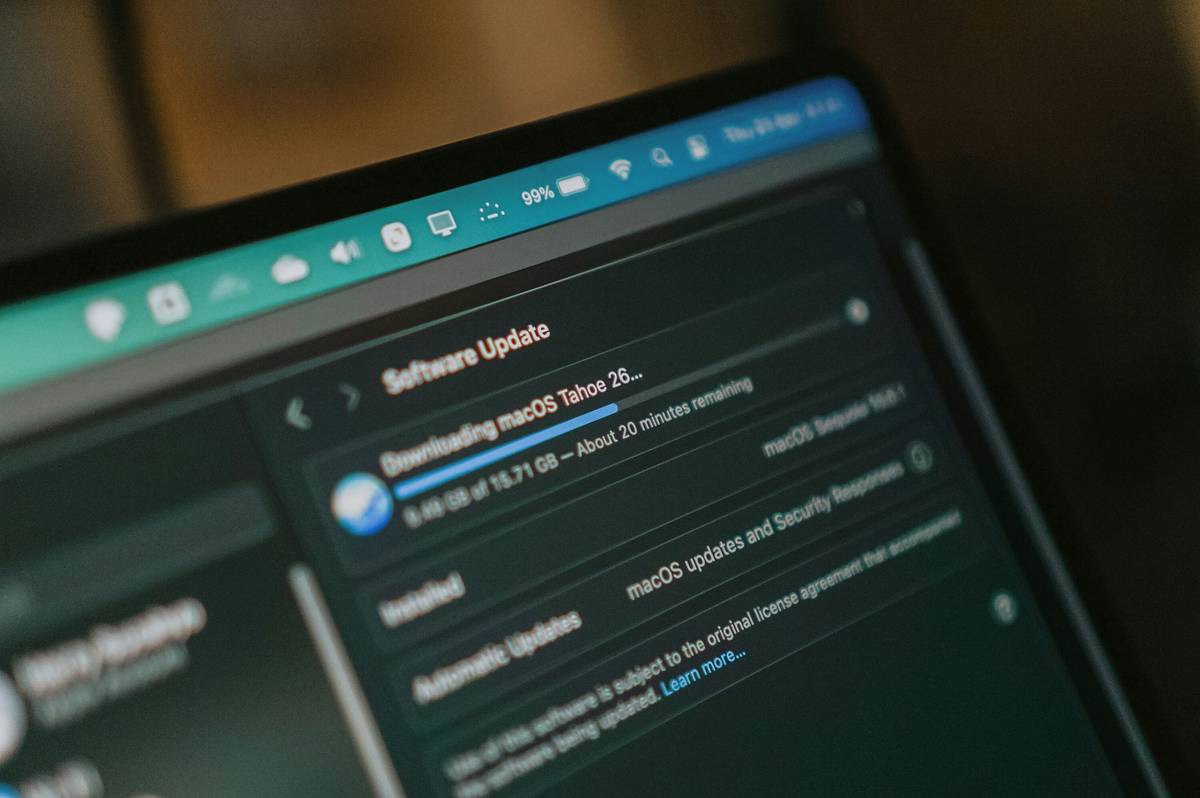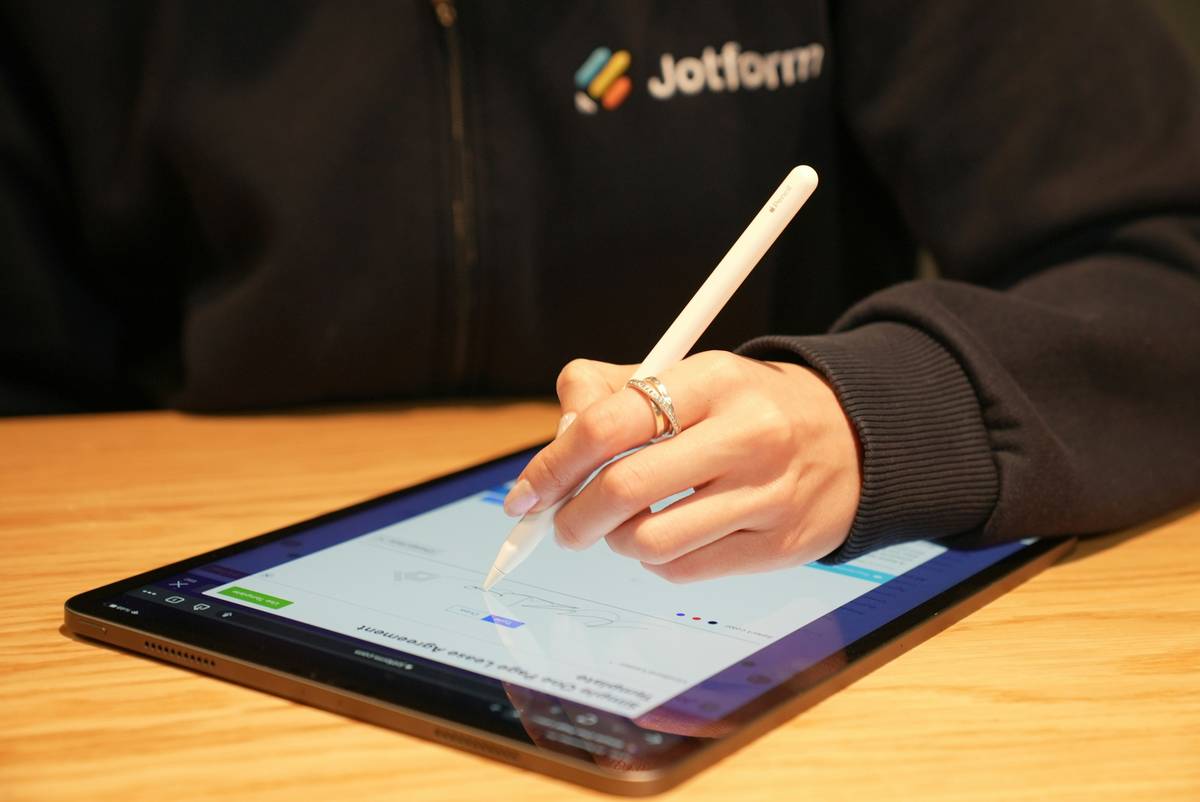Ever felt like your research is drowning in a sea of unorganized citations? Yeah, us too.
If you’re an academic researcher, student, or writer who depends on meticulous citation management, this post is your lifeline. We’ll explore why citation tracking apps are game-changers and guide you step-by-step to finding the perfect tool for your workflow. Spoiler alert: Your future self will thank you for reading this!
Table of Contents
- Why Do You Need a Citation Tracking App?
- How to Choose the Right Citation Tracking App (Step-by-Step)
- Top Tips for Using Citation Tracking Apps Effectively
- Real-Life Examples of Citation Management Done Right
- Frequently Asked Questions About Citation Tracking Apps
Key Takeaways
- A good citation tracking app saves time and reduces stress by organizing references automatically.
- Not all apps are created equal—choose one that integrates with your preferred tools and databases.
- We tested popular options like Mendeley, Zotero, and EndNote to help you make an informed decision.
- Poor citation habits can harm your credibility—don’t let bad practices ruin your hard work!
Why Do You Need a Citation Tracking App?
Picture this: It’s 2 a.m., and you’re frantically scrolling through PDFs trying to locate that one obscure paper you vaguely remember citing three months ago. Meanwhile, your deadline looms like an unsympathetic storm cloud. Sound familiar?
In the fast-paced world of academia and professional writing, keeping track of sources manually isn’t just inefficient—it’s borderline impossible. That’s where citation tracking apps come in. These digital assistants do the heavy lifting, storing, organizing, and formatting your references so you can focus on what really matters: producing quality content.

But here’s the kicker—not all citation tracking apps are built the same way. Some are user-friendly but lack advanced features, while others overwhelm you with functionality but have steep learning curves. Before diving into recommendations, let’s break down how to choose the right tool for YOU.
How to Choose the Right Citation Tracking App (Step-by-Step)
Optimist You: “Finding the perfect app must be easy!”
Grumpy You: “Ugh, fine—but only if coffee’s involved.”
Finding the ideal citation tracking app doesn’t have to feel like solving a Rubik’s Cube blindfolded. Just follow these steps:
Step 1: Define Your Needs
Ask yourself: What’s my priority? Is it seamless integration with Microsoft Word? Compatibility with PubMed or Google Scholar? Or maybe cloud syncing across devices? Knowing your non-negotiables makes narrowing down choices easier.
Step 2: Test Popular Options
No time to test every app under the sun? Don’t worry—we did the legwork for you. Here’s a quick rundown:
- Mendeley: Great for collaboration and PDF annotation.
- Zotero: Free and open-source with robust community support.
- EndNote: Ideal for researchers needing extensive customization.
Step 3: Evaluate User Experience
Terrible Tip Disclaimer: Please don’t download ANY app without checking its reviews first. A flashy interface might look tempting, but buggy software will leave you pulling your hair out faster than a cat chasing laser pointers.

Step 4: Assess Cost vs. Value
While many apps offer free versions, premium subscriptions often unlock critical features. Decide whether paying $50/year for advanced capabilities aligns with your budget—or stick to freemium models if simplicity suffices.
Top Tips for Using Citation Tracking Apps Effectively
- Sync Early, Sync Often: Always enable automatic syncing to avoid losing data during unexpected crashes.
- Use Consistent Naming Conventions: Label files clearly to prevent confusion later (e.g., “Smith_2022_JournalArticle”).
- Back Up Regularly: Keep local backups of your library—even the best apps aren’t immune to glitches.
- Automate Formatting: Use built-in plugins to insert citations directly into documents instead of doing it manually.
Real-Life Examples of Citation Management Done Right
Meet Dr. Laura Bennett, a neuroscientist juggling multiple projects simultaneously. She swears by Mendeley because it allows her team to collaborate seamlessly. Thanks to its group-sharing feature, they’ve streamlined their research process, reducing delays caused by misplaced references.
On the flip side, freelance writer Jake Patel prefers Zotero due to its lightweight nature. His verdict? “It feels like carrying a Swiss Army knife instead of lugging around a toolbox filled with stuff I never use.”

Frequently Asked Questions About Citation Tracking Apps
Q1: Can a citation tracking app detect duplicate entries?
Absolutely! Most modern apps flag duplicates automatically, saving you hours of manual cleanup. Pro tip: Enable deduplication settings early to maximize efficiency.
Q2: Are citation tracking apps secure?
Yes, reputable providers encrypt your data and adhere to strict privacy policies. However, always review terms carefully and avoid sketchy third-party apps promising “too-good-to-be-true” deals.
Q3: Do these apps work offline?
Some, like Zotero, allow limited offline access, but full functionality typically requires internet connectivity. Plan accordingly when traveling or working remotely.
Conclusion
Finding the best citation tracking app boils down to understanding your needs and testing available options. Whether you’re collaborating with colleagues or managing personal projects, tools like Mendeley, Zotero, and EndNote empower you to take control of your research workflow.
Ready to banish citation chaos forever? Try one of our recommended apps today and watch your productivity soar. Oh, and remember: Automation is chef’s kiss for drowning deadlines.
Like a Tamagotchi, your SEO needs daily care.


